There's A Reason Why You Might Crave Salt More Than Others
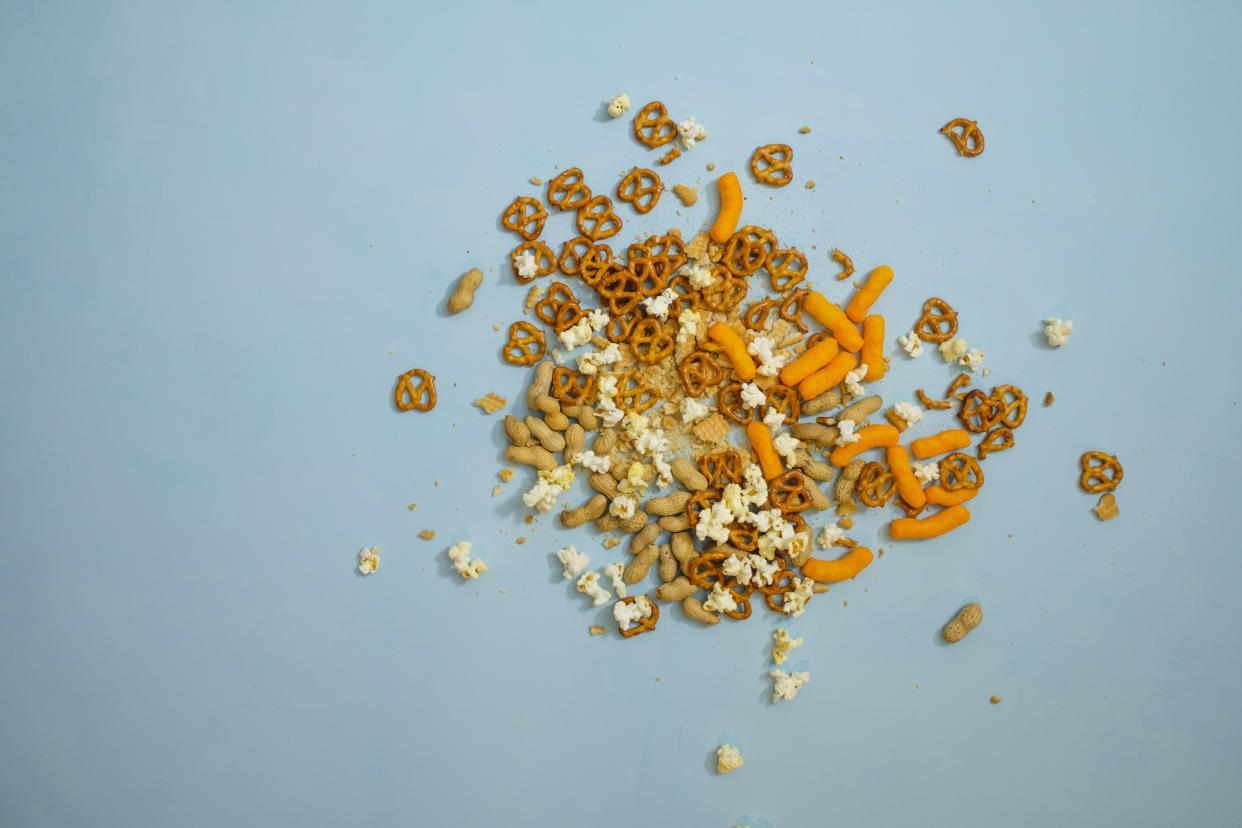
Salty foods rev up our taste buds, and many of us are more apt to reach for the salt shaker than to pass up the opportunity. But do you find yourself craving salt daily, perhaps more than seems normal? Ever wonder why this might be the case?
The recommended salt intake for adults is no more than 2,300 milligrams a day, ideally under 1,500 milligrams, according to the American Heart Association. Americans end up consuming nearly 50 percent more than that on average ― a habit that comes with health risks.
Below are a few of the most common reasons why you’re lusting after salty foods, plus expert guidance on how to curb your cravings.
You’re exercising a lot

Our body is depleted of sodium when we sweat, which then makes us need to consume more to restore normal serum levels, Emily Kyle, author of The 30-Minute Thyroid Cookbook, said.
“Over-exercising, long-distance running or any strenuous athletic activity may cause a craving for salt due to an imbalance in electrolytes, namely between potassium and sodium,” said Dr. David A. Greuner, a cardiovascular surgeon and surgical director of NYC Surgical Associates.
Reaching for a sports drink may help replace electrolytes in some cases. You can also make your own electrolyte drink by combining lemon and lime juice, ginger, a pinch of sea salt and a spoonful of liquid sweetener, like honey or agave.
You’re dehydrated
Dehydration can also manifest as a salt craving. This occurs when the body does not have the level of fluids to function properly, said Dr. Constantine George, founder and chief medical officer of Epitomedical, a private practice which combines internal medicine and pediatrics. “This is your body’s way of telling you to eat or drink more,” he said.
This may also happen if you’re pregnant. “Pregnant women may be more likely to crave salt because of dehydration induced by pregnancy-related vomiting or nausea,” said Rachel Daniels, senior director of nutrition at online clinic Virtual Health Partners.
You’re PMSing
If you’re reaching for everything salty the week before your period, you’re not alone. George said that premenstrual syndrome, or PMS, can cause cravings ― including the desire for salty foods.
While those pretzels or chips may be comforting, they also may contribute to some other PMS symptoms. Studies show that salt consumption can cause water retention, which already occurs before your period, and that can lead to discomfort or bloating.
You’re stressed

A tough day at work may prompt you to reach for a bag of chips. Kyle said salt cravings may also be “a result of behaviors or patterns such as boredom or stress, which can cause an individual to mindlessly eat more salt than they actually need.”
You’re not getting enough sleep
Sleep deprivation makes people more likely to give in to junk food cravings, according to a 2013 study. So skimping on rest may explain why the next afternoon, you’re unable to resist ordering French fries or snacking on some extra salty potato chips. Experts recommend that adults get seven to nine hours of sleep each night.
Salt can make you feel good
You may also crave salt because it lights up the pleasure center in your brain and releases a hormone called dopamine, which makes you feel happy, said Ysabel Montemayor, the lead dietitian for national food delivery service Fresh n’ Lean.
Ingesting salty foods can almost mimic a drug-like reaction. “Salt, sugar, and fatty foods do this,” she added. Since most people have a natural appreciation for the taste of salt, eating foods that contain it may stimulate a feeling of pleasure. “This may cause us to crave salt when it is not present since we’re left looking for that same sense of pleasure,” Montemayor said.
Humans were initially wired to crave it

“Humans have an innate drive to seek salt because it is necessary for survival and historically a rare mineral to find,” said Heather Woodward, a registered dietitian with Copeman Healthcare Centre in Canada. But today, the addictive substance is more than easy to find ― and get plenty of in your diet.
“An abundance of salt is in our food supply and most people in Western societies get too much salt,” she said.
Your taste buds are now used to more salt
If you’ve been generous with your salt shaker, your body may be used to sodium and may consider an extra shake to be normal.
“Over time we can actually build a tolerance to salty and sweet foods, meaning that if we’re accustomed to eating salty food, for something to taste extra salty and delicious it needs even more salt than we’re used to,” Woodward said. The opposite is also true. Something that may not taste salty to other people may taste very salty to a person who consumes a low-salt diet.
You may have an underlying health issue
It’s rare, but it’s still worth mentioning: Certain medical conditions can cause your body to crave salt. Addison’s disease, which is also known as adrenal insufficiency, is an uncommon condition that happens when your body doesn’t produce enough hormones. Additional symptoms include extreme fatigue, muscle or joint pain, body hair loss, low blood sugar, hyperpigmentation and abdominal pain.
Bartter syndrome, a rare genetic condition that impairs the kidney’s ability to restore salt, can also lead to cravings, according to the National Organization for Rare Disorders. Other symptoms include muscle weakness, excessive urination, cramping, spasms and fatigue.
Talk to your doctor if you’re experiencing any types of abnormal symptoms.
How To Combat Salt Cravings
Love HuffPost? Become a founding member of HuffPost Plus today.
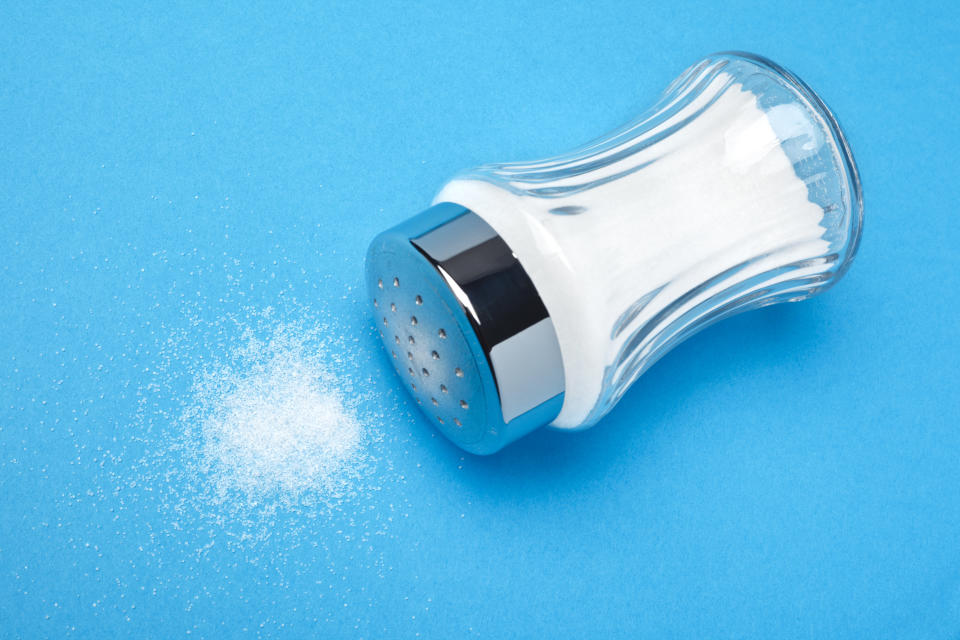
Excessive salt consumption has been linked to diabetes, kidney disorders, high blood pressure and heart disease, according to Serena Poon, a celebrity chef and nutritionist based in Los Angeles. Therefore, you want to be mindful of how much you are eating. If you feel like you may be consuming too much salt, you may want to attempt to reduce how much sodium you ingest.
Our excessive salt consumption often is just a habit, Poon said. “Many times, the craving for salt stems from a behavioral foundation,” she said. “We crave salt just out of habit or conditioning.”
If you are yearning for salty foods, she recommended first opting for whole foods that are higher in a natural sodium content, such as celery, leafy greens, carrots or seaweed.
You can also use herbs and spices instead of salt, said Kimberly Gomer, director of nutrition with Pritikin Longevity Center, a health and wellness spa in Miami. “At the beginning it can be tough, but your palate will adjust,” she said.
“Searching For Normal” is HuffPost’s attempt to answer some of the internet’s most pressing queries: Is it Normal To ____? Why Am I ___? Why do I ___?
More "Searching For Normal" Stories
Is It Normal To Cramp After Sex?
Also on HuffPost
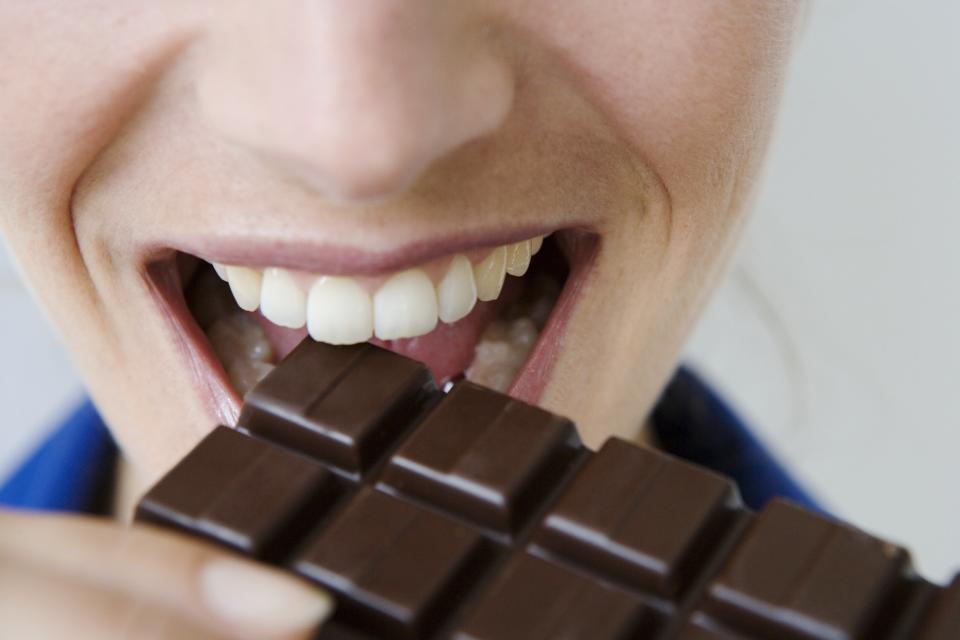

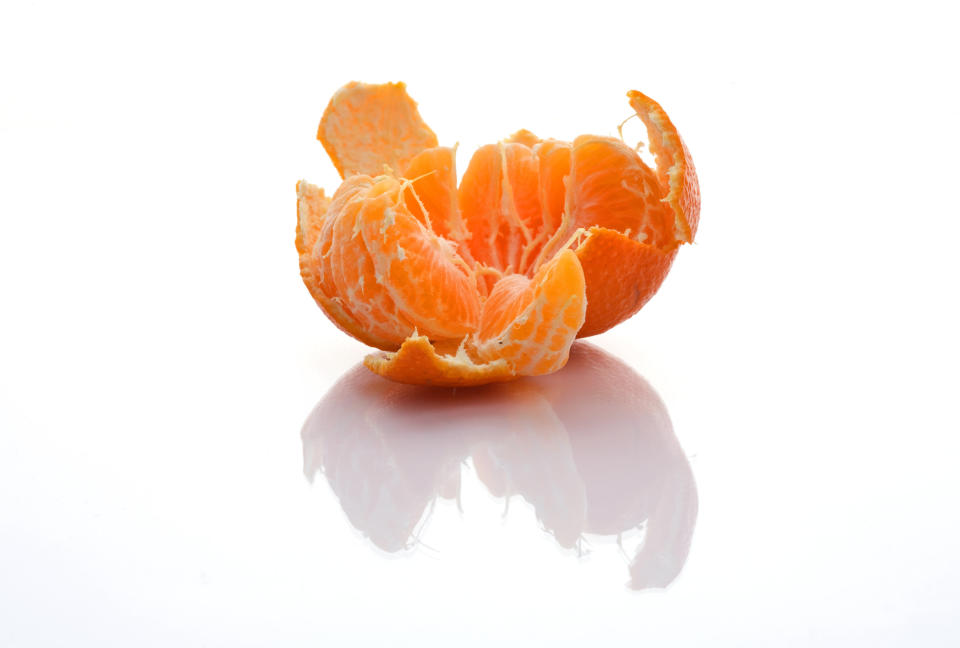

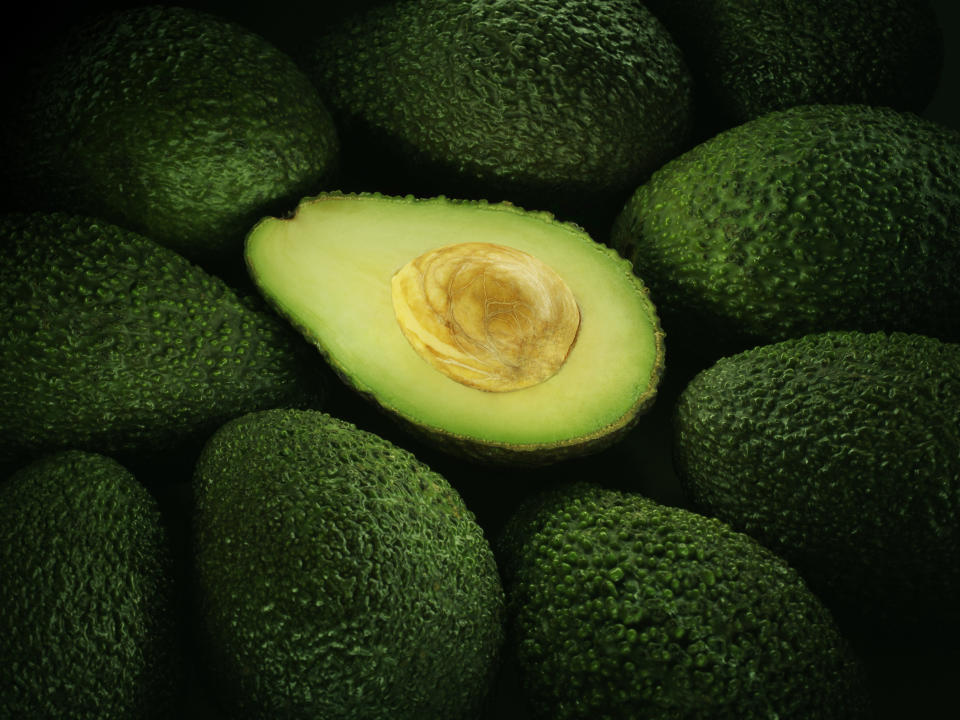






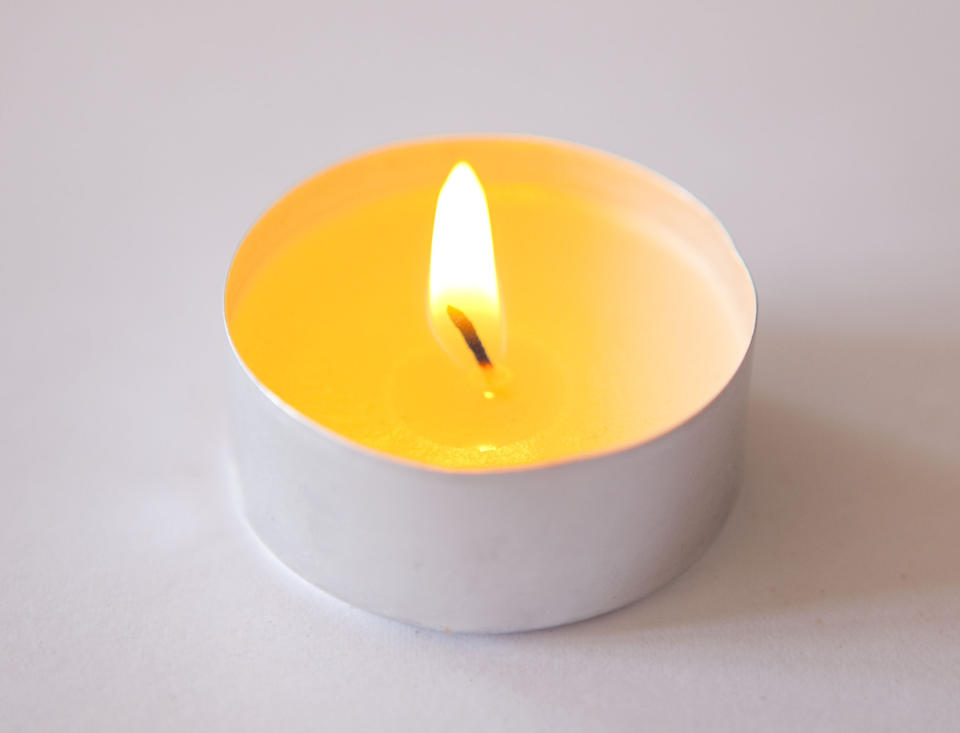



















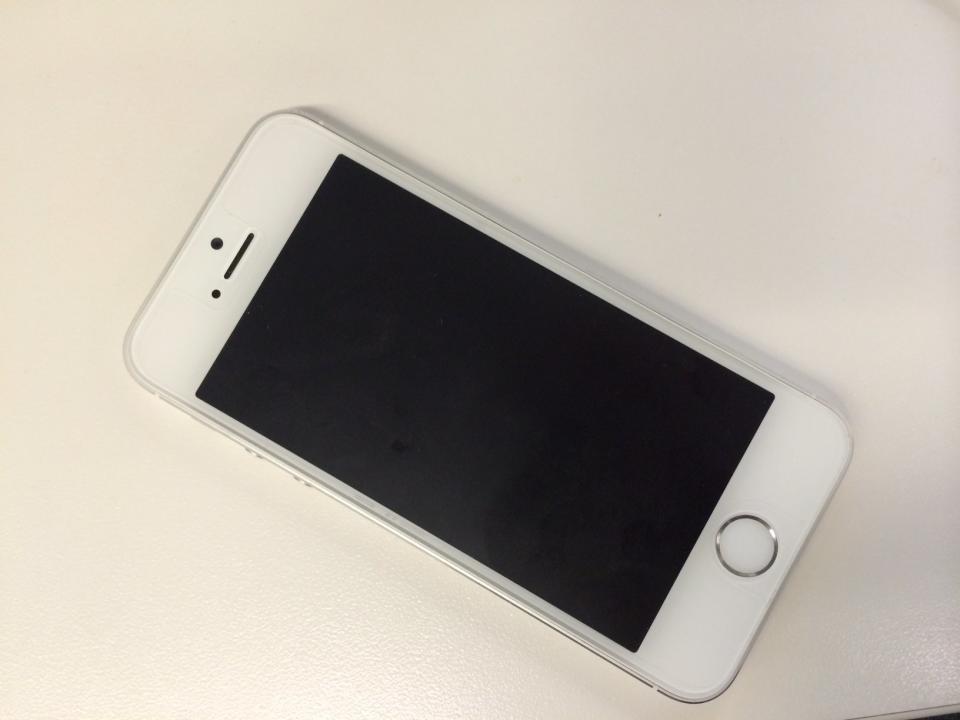



This article originally appeared on HuffPost.

